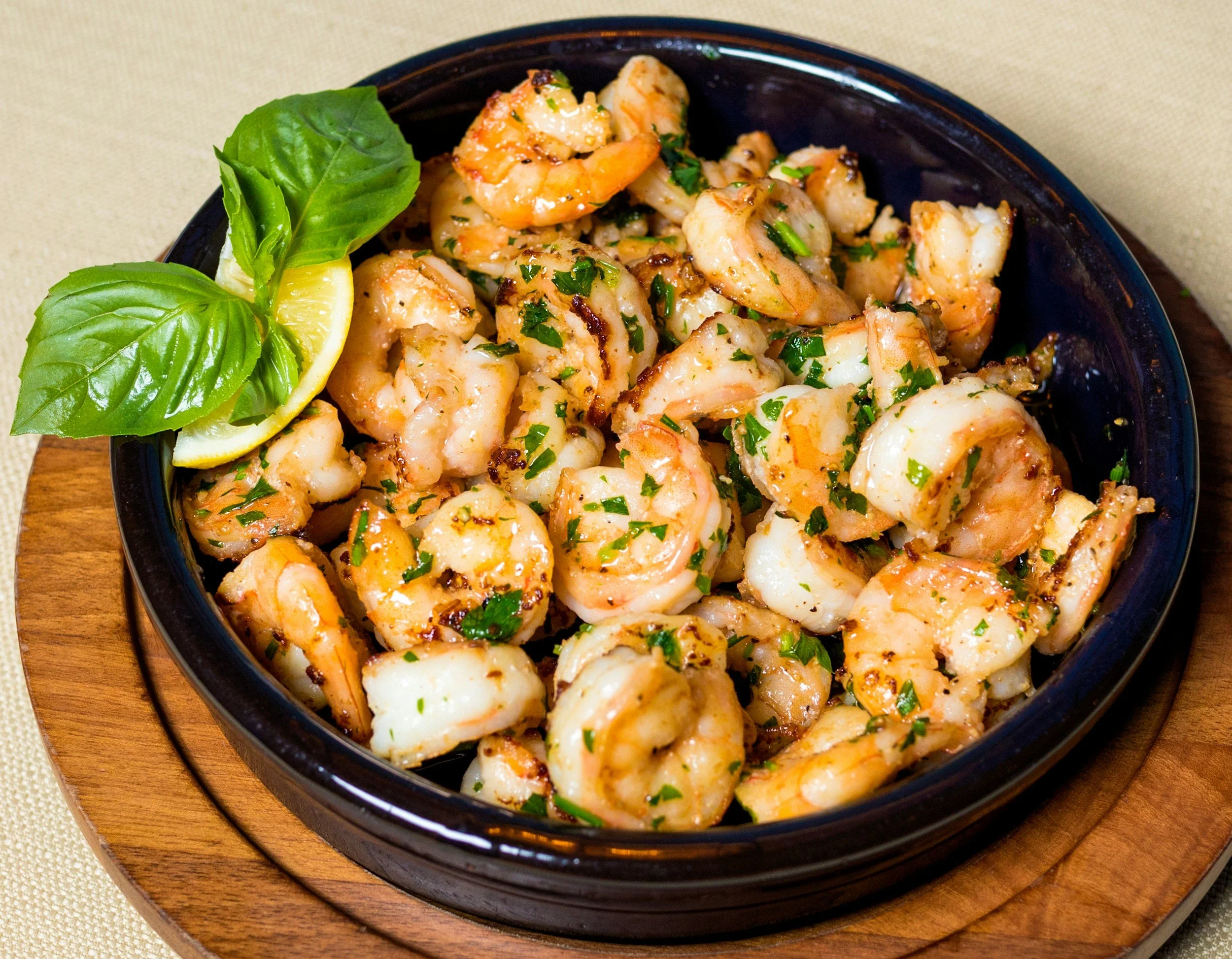Creating a Cleaner Future with a Zero-Waste Lifestyle
/Guest post by Hazel Bennett
Reducing our individual ecological footprint is an important part of addressing the world’s environmental problems. Although it is a lofty goal, adopting a zero-waste lifestyle is a great way to increase awareness of how consumption patterns impact the planet. These tips can help you shift your habits and make a difference, even if actually achieving zero waste seems far-fetched.
Where Does Our Trash Go?
Most U.S. cities take their residents' trash to landfills and recycling centers. Only a few incorporate composting facilities and waste-to-energy plants as part of their sanitation programs. Recycling reduces the need for virgin materials to create new packaging and products, but does little to lower waste production as a whole.
According to research by the World Bank Group, about 37% of trash ends up in landfills globally. Food and other organic materials make up nearly half of that amount, while glass, metal, cardboard, plastic and paper products contribute another 38%. These statistics show that we need to do much more than recycle if we want to try and fix our environmental problems.
Photo by Gary Chan on Unsplash
What is Zero-Waste Living?
Striving for a zero-waste home isn't about trying to do the impossible. As humans consume, trash is inevitable; we’ll eventually need to discard some things. The goal is to drastically reduce what we use and throw out in our households. Trying to live zero-waste is a big adjustment, so be patient with your progress. Instead of trying to be perfect, focus on developing long-term eco-friendly habits.
Zero-Waste Basics
As you try to reduce your waste, keep these basic principles in mind:
Refuse — decline freebies, junk mail, straws and other single use items when they are offered.
Reduce — Before making a purchase, examine your reasons for buying. Make sure the item is something you really need.
Repurpose — Look for new ways to use what you already have.
Recycle — Choose products made using recycled materials and recycle as much of what you discard as you can.
Compost — Turn organic materials like food scraps, newspapers or yard waste into nutrient-rich soil for your garden.
Photo by Brian Yurasits on Unsplash
Skip Single Use Products
Buying reusable items goes a long way toward reducing waste. Make simple swaps like opting for cotton kitchen towels instead of paper. When you dine out, take your own container with you to bring home leftovers. Replacing grocery bags with canvas totes and using washable water bottles, glass or metal reusable straws, and biodegradable trash bags are small changes that make a big difference.
Minimize Packaging by Shopping Smart
A big part of the green movement is the impact consumers can have on companies, their products, and their manufacturing practices. Researchers have predicted that the amount of plastic waste discarded by consumers will reach 12 billion metric tons by 2050. While individuals should reduce what they take to the curb, the truth is that mass-production creates waste far beyond that of the average household.
To encourage better industry practices, support companies that reduce waste and use minimal, eco-friendly packaging. Businesses pay attention to consumer trends, so big brands take note when more people eliminate disposable products from their homes. Re-examine what you purchase based on how it’s made or packaged. Here are some common swaps to consider:
Recharge and Reduce — Discarded batteries corrode and release harmful chemicals into the ground over time. Rechargeable alternatives reduce the number that end up in landfills.
Kitchen and Storage Solutions — Consider switching to glass or metal containers for kitchen storage. Glass jars with airtight seals are fantastic replacements for plastic food storage boxes. When it comes to cooking and baking, stovetop and oven-safe cast iron pans are durable enough to last, quite literally, for generations.
Green Cleaning — Many modern cleaning products come with excess plastic packaging as well as harsh detergents and dyes. Choose organic cleaning products from brands that develop environmentally friendly disinfectants and strive to reduce their overall impact. DIY solutions from your own pantry, such as vinegar or baking soda, are often just as effective as store-bought cleaners, too.
Bath and Beauty — Shop for shampoo bars rather than bottles; buy rust-proof straight razors over disposables, and order bamboo toothbrushes instead of plastic.
Making other household changes like attaching low-flow showerheads will make efficient use of water resources, while installing a bidet can cut back on the amount of toilet paper in sewer systems. With a little research, you'll find hundreds of alternatives to replace standard containers and materials.
Choose Quality Over Quantity
When you must buy, try to obtain what you need secondhand to keep goods out of the waste stream. If this isn’t an option, invest in tools and appliances that can be maintained or repaired when needed. Borrow seldom-used items if you can rather than spending money on your own.
Gardening and Composting
Composting food waste and growing a garden are ideal for sustainable living. Kitchen waste is the perfect fertilizer for houseplants as well as herbs and vegetables. While a house with a yard makes this undertaking easier, apartment dwellers can compost and create container gardens as well. Harvesting, cooking, and preserving take time, but can yield higher quality food often at lower costs.
Your New Zero-Waste Home
Zero-waste living doesn't happen overnight. Immediately going to the kitchen and recycling all your plastic containers is not the goal. Use what you have until it runs out or no longer works for you. Swap or donate what you don't need. Fix things that are broken rather than tossing them out. Once you've exhausted all these options, replace items with more eco-friendly products.
It also takes time to develop zero-waste practices for your home and family. Meal prepping and cooking at home are easy ways to start reducing food waste and learn new skills. Avoid feeling like you have to dive in completely to have a measurable impact. You may have to compromise on some aspects now and then and that's okay.
Eliminating all waste is impossible. Fitting a year’s worth of trash in a mason jar is admirable but may not be practical for every household. However, cutting down your household's consumption does make a difference. Refusing disposable products, reducing purchases down to what's necessary, composting organic waste, and committing to recycling will have you well on your way to a zero-waste lifestyle.
Hazel Bennett is a freelance writer and blogger. She has a degree in communications and lives in Northeastern Ohio. Hazel loves writing about numerous topics and showcasing her expertise with words.






































